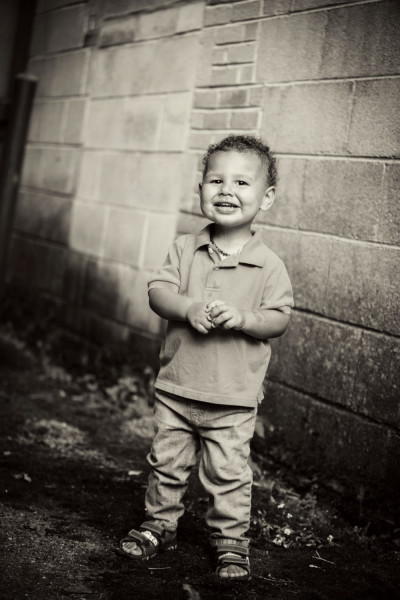Why Adoption Is Not about Finding Children for Families
“Adoption is not about finding children for families, it’s about finding families for children.”
I waited six years to become a mom. I yearned for the moment to hear my son or daughter say “momma.” I imagined what his/her tiny little fingers wrapped around mine would look like. I wondered what color hair or eyes he or she may have. I dreamed of what he would look like all bundled in blankets next to me. I wondered if she would look like me or maybe even my husband. I envisioned what our lives might look like together.
Do you notice what all of the statements above have in common? Me. They all begin with and are centered around what I would feel like, what I dreamed about, what I envisioned, and what I expected to get out of adopting a child.

Have you ever heard the quote by Joyce Maguire Pavao, which reads “Adoption is not about finding children for families; it’s about finding families for children.” It is easy to read that quote and think, Well duh, yeah it is. But if you have experienced adoption in any way, you know that this statement isn’t always as easy as it sounds.
When you are in the depths of the adoption process, many things may be going through your head, and many of you may have experienced difficult situations before deciding to grow your family through adoption. I know I can admit that when we first started the adoption process, I had just had a miscarriage and battled a long process of infertility. I was sort of a mess. All I could think about was having a baby and how happy that would make me. I failed to remind myself that it wasn’t about me; rather, it was about the child we would end up adopting.
I truly believe that if we focused more on how the adoption process will affect the child or baby being adopted, there may be fewer attachment issues for the child in the future. In short, as adoptive parents, we need to think less about ourselves and more about our children. As I said, it may seem like a no-brainer to put the needs of your child ahead of yours, but I am not talking about the basic needs of a child here. I am talking about the psychological needs of that adoptive child. I thought it was crazy when we talked about post-traumatic stress and post-adoption-related issues that may arise in our parenting classes at our adoption agency. I thought they were crazy. We were adopting an infant. What kind of attachment issues would she have if we took her home from the hospital with us? I failed to focus on my child’s future then. I failed to recognize that at some point in his life, he may struggle with identity, grief, loss, guilt, or the fear of rejection. I, again, focused on the short-term goal of having a baby.
Throughout our adoption process and now throughout our parenting process, I have been researching parenting models, adoption forums, and reading as much as I possibly can about the effects of adopting on all sides of the triad. That is, how does it affect the child, how does it affect the birth family, and how does it affect the adoptive family? It’s not easier or harder parenting an adoptive child; it simply is a facet of his or her life we have to take into consideration, constantly. I can’t speak the same words to my adopted child as someone raising a biological child. I am constantly reminding myself of the quote above. It is not about us, but rather, him. And as I watch our, now 4-year-old son grow, I vow to make sure I never forget that we were chosen for him.







